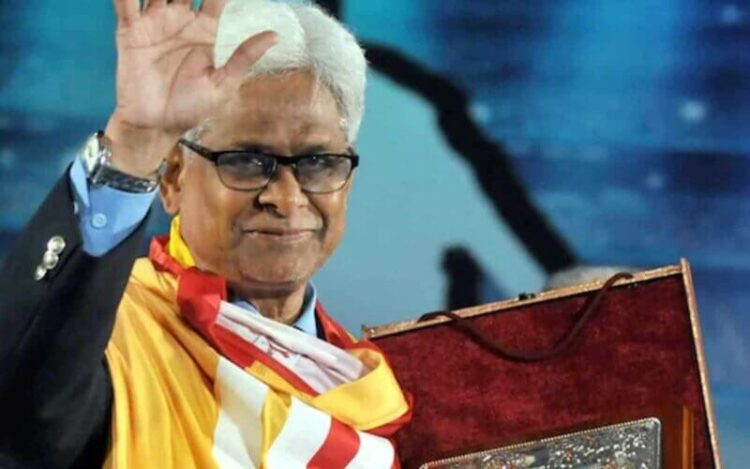Shrutika Patil, Pune
The world of football mourns the loss of a true icon as former India captain and football legend Mohammed Habib, breathed his last on Tuesday in Hyderabad. After a valiant battle with dementia and Parkinson’s disease over the past few years, Habib’s legacy lives on in the hearts of fans across the nation.
Habib, born on July 17, 1949, in undivided Andhra Pradesh, etched his name in the annals of Indian football history. His illustrious journey spanned a decade, from 1965 to 1975, during which he represented India with distinction.
Notably, he was an integral part of the golden generation that clinched a bronze medal in the 1970 Asian Games held in Bangkok. Leading the charge was fellow Hyderabadi Syed Nayeemuddin, while the managerial helm was guided by the revered P. K. Banerjee.
His prowess was not confined to international tournaments. Habib played a significant role in securing third place in the Merdeka Tournament in 1970 and showcased his mettle in the Pesta Sukan Cup in Singapore in 1971.
Across 35 international matches, Habib left an indelible mark by netting 11 goals for the national team. His debut against Thailand in the Merdeka Cup at Kuala Lumpur in 1967 marked the beginning of a journey that would inspire generations of football enthusiasts.
Habib’s influence extended to the hallowed grounds of Kolkata, where his nimble footwork mesmerized audiences. His 17-year domestic career spanned all three Kolkata giants—East Bengal, Mohun Bagan, and Mohammedan Sporting Club. Remarkably, his shifts across these renowned clubs were met with respect, attesting to his exceptional skills and stature.
Affectionately known as ‘Bade Miyan’ in Kolkata, the diminutive Hyderabadi forward garnered comparisons to the Brazilian maestro Pele and was honoured with the Arjuna Award in 1980.
While his roots lay in Andhra Pradesh (now Telangana), Habib also contributed to Bengal’s football narrative, playing a pivotal role in their Santosh Trophy victory in 1969, where he emerged as the leading goal scorer with 11 goals.
Habib’s contributions were lauded with accolades, including the East Bengal Bharat Gaurav Award in 2016 and the prestigious Bangabibhushan in 2018. His move to Kolkata marked a historic milestone, as he became the first Professional Football player’ of the country, earning a reputation that endures through time.
As Habib’s playing days drew to a close, his legacy continued to flourish through coaching. He shaped young talents at the Tata Football Academy (TFA) and took the helm as the chief coach of the Indian Football Association academy in Haldia, West Bengal. Additionally, he guided Mohun Bagan and Mohammedan Sporting, imprinting his wisdom on the generations that followed.
